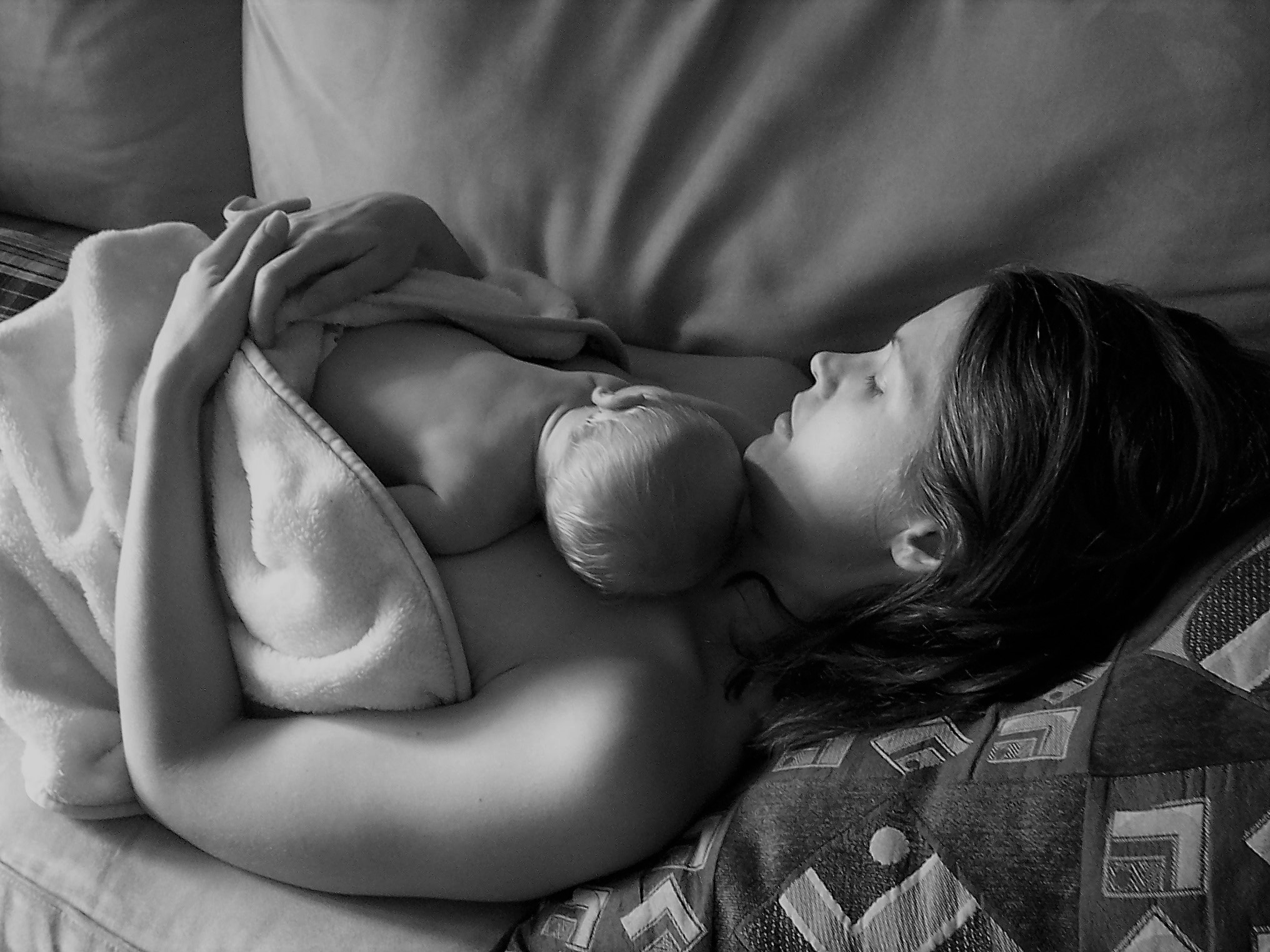
It’s up to you to decide if you want to breastfeed your adopted child.
My son was born just before 7:30 pm in a town about an hour and a half away from where we lived. When we finally got the call, our son had been born after just 20 minutes of labor. We arrived two hours after he was born.
When we got to the hospital we learned that the birth mom’s friend was encouraging her to breastfeed. She declined and was surprised that her friend suggested the idea. What they both likely realized was the beautiful bond that is created through breastfeeding. Perhaps the friend hoped that the birth mom would change her mind.
When we adopted, I didn’t even realize that breastfeeding was a possibility for me. Somewhere in the back of my mind I wondered. Now I’m asking myself why I never learned more about it at the time. Especially since it could be such a wonderful option for someone who has never experienced the intimacy of pregnancy and birth.
Maybe the reason is because I wondered what kind of response I would get from other people. Would I get uninformed opinions and judgements? Would I feel like an imposter because I wasn’t the one who gave birth? Would my body cooperate since I haven’t seen it cooperate through 11 years of infertility?
Since that time, I have done some research and have learned a few things about how to breastfeed an adopted child.
Breastfeeding your adopted child is about nurturing your relationship.
Obviously when someone says breastfeeding you think of nourishment. And the relational aspects are a welcomed bonus. But when breastfeeding an adopted child, food supply must be secondary. Because the reality is that you may or may not be able to produce enough milk or even any milk.
It’s a good idea to prepare your body to breastfeed your adopted child in advance (if possible).
You should prepare because you won’t have pregnancy hormones that allow milk production to happen naturally. For you, milk production will happen as a result of baby continually sucking over a long period of time. If you want milk to come in prior to baby’s arrival, then you can simulate this on your own.
Many choose to use a hospital grade breast pump at least eight times a day for several weeks. However, the same results can be achieved through repeated hand massage or help from your significant other. I personally would prefer to use a breast pump because it seems like it would be more precise and effective. However, the research does indicate that this isn’t necessarily the case. It’s more about personal preference.
Using a Supplemental Nursing System while breastfeeding is an excellent way to get adequate nourishment to your baby.
As mentioned before, some adoptive mothers may or may not be able to produce enough milk. But that doesn’t mean you need to stop breastfeeding or use bottles. (Using bottles along with breastfeeding is not recommended as it might confuse the baby and result in the baby rejecting the breast over time.)
A nursing system allows the baby to receive formula through a very small tube at the breast while at the same time receiving whatever milk supply you are able to provide.
This can be especially helpful if there was no time in advance to prepare for breastfeeding.
Lastly, having the support of your significant other is important when it comes to breastfeeding an adopted child.
When moms have support research shows that more continue with it through the challenges. Like with any other kind of support, joy has a chance to increase when you feel understood and when your experiences are celebrated.
Reflecting on all this has made me wish I had breastfed my son. I hope that one day I will have the opportunity to experience it. When considering breastfeeding, do what’s best for you and your child. That’s what matters most.
You can join in on the adoption discussion by going to Adoption.com/forums to find adoption boards and forums. Did you breastfeed your adopted child? Let us know in the comments!




